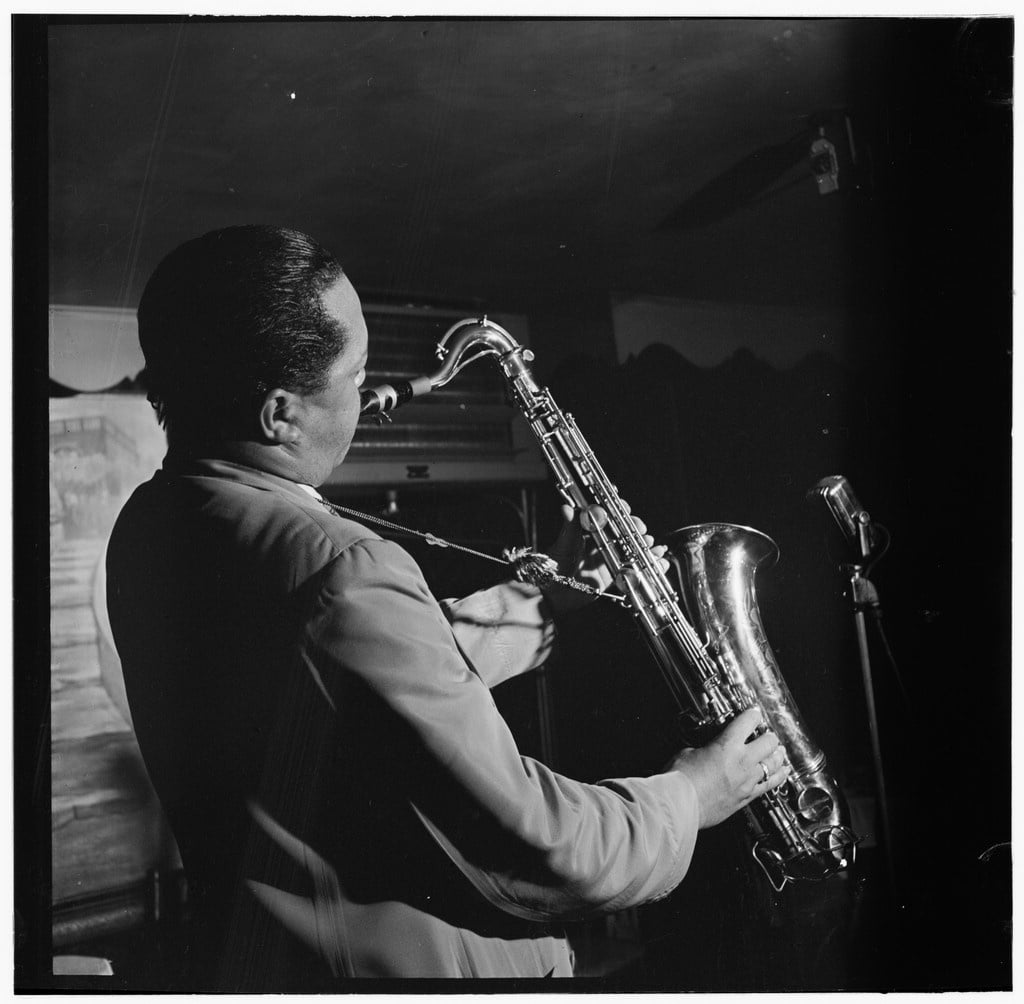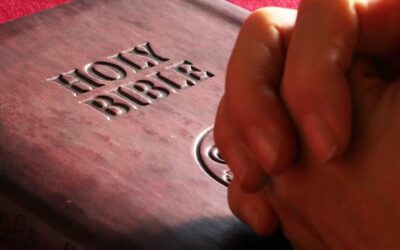I don’t recall when I first noticed that the whole Creed is contained in a simple profession, “I believe in the Father, Son, and Holy Spirit.” I think about them daily and gradually understand come to understand what we believe about them. They were before the beginning of all things. Like all fathers, the Father begets the Son, but unlike all other fathers, he’s always begetting, and the Son is always begotten–’to beget’ has no past or future tense when the verb describes them. The Spirit always proceeds from the Father to the Son and from the Son to the Father. The three of them are the triune God of equal glory, majesty, and eternity. They are love itself. They want to share their happiness with others.
The Creed is “our heart’s meditation. (St. Ambrose)” While meditating on the Father, he points us to the Son, and he points us to the Spirit. When the Father and the Son point, they do more than change the focus of our attention; they do more than reveal God as a triune. They raise our understanding of the divine higher and higher. The essential idea is that the Father and Son prepare us for the highest understanding of God–which is the Holy Spirit. Perhaps this is why Christ said, “Whoever speaks a word against the Son of Man will be forgiven, but whoever speaks against the Holy Spirit will not be forgiven, either in this age or in the age to come. (Mt 12:32)”
We read the Scriptures as allegories about the Trinity. A story about giant venomous snakes killing Israelites until Moses, their leader, held up a bronze serpent mounted on a pole (Nu 21:4-9), is also understood to be a story about the power of the cross of Christ. We look at creation–sun, water, fire, dove, oil, shamrock–for symbols of the Trinity. Men and women are God’s sacred things, so we make ourselves metaphors of the Divine Persons. A child’s introduction to the Father is her father, and her introduction to the Trinity is her family.
Music, particularly the unique genre of American blues, offers a metaphor for discussing the Trinity, specifically focusing on the Holy Spirit.
The American sense of life is that we face evil with fortitude and prudence, of course, but also with humor and improvisation. The typical blues lyric states the reality of evil: “Woke up this mornin’, blues walkin’ ’round my bed.” The syncopated 4/4 beat and spirited vocal phrasing state the response: relentless, resilient, and affirmative. Blues, especially fully orchestrated blues, expresses the American sensibility.
To understand the difference between blues and fully orchestrated blues, a term coined by Albert Murray, imagine a musician accompanying himself on the twelve-string guitar while singing “Good Morning Blues.” That’s a blues statement. Now imagine Count Basie’s 15-piece band of trumpets, saxophones, trombones, drums, upright bass, guitar, voice, and piano–featuring the likes of Lester Young, Jo Jones, Jimmy Rushing, and Count Basie himself–riffing on the same song. That’s the fully orchestrated blues statement. Blues was jook joint music before it spread worldwide, so it had to swing fast and slow, not sadden.
The Father and Son are like a pair of dancers swinging, the Father leading and the Son following, and the Spirit is the beautiful, joyous, fully-orchestrated blues music they both hear. I’m thinking of Cab Calloway’s band (the Spirit) playing for the Nicolas Brothers (Father and Son). That is a perfect American blues idiom performance. It is elegant, beautiful, and grand.
When we speak of Trinitarian love, we mean something like that but infinitely greater. Their celebration is immeasurably, immutably, incomprehensibly, and ineffably good. What they experience is so great that they want others (that’s creation) to come and dance with them.
But how can any man and woman join them? We have two left feet and dance off-beat (because of the Fall and original sin). What they’re doing is harder than anything we can do. How can we step on the same floor as the Father and Son, stomping away as the Spirit jams, in a velocity of celebration that’s humanly impossible? In other words, how are we to be divinized?
The Spirit makes it so by putting “a great multitude, which no one could count (Rev 7:9)” into Christ’s body and getting us all moving together in the magnificently hard-swinging, beautiful, and elegant ways that the Son is dancing with his Father. The Holy Spirit holds all of us together as one in Christ‘s body in a form that is called his Mystical Body (so-called because it’s a union with God which transcends our understanding).
The musical descendant of the Blues is Pop, and its king was Michael Jackson. I saw a video of about 200 members of the Ohio State Marching Band march in the formation of Jackson Moonwalking while playing his hit song Billie Jean. They formed themselves into one body in the image of him moving backward. It was a jaw-dropping spectacle!
But that’s a primitive dance and a tiny achievement compared to what the Spirit has the faithful doing in Christ. As Jesus would say, there’s something greater than the Moonwalk here (c.f. Mt 12:42).
The world is like a dancehall where the Spirit does everything. He swings the tune just right to make one want to dance (that’s him kindling each individual’s faith in God and then them turning towards God and away from sin), assigns each individual a part in Christ’s dance (that’s the New Law–the Spirit guiding each member of the Mystical Body), shows them how to do it (that’s grace–God’s help to follow the Spirit’s guidance), and gets them back on their feet when they mess up the dance (those are the sacraments of healing–reconciliation with God and neighbor when you don’t follow the Spirit’s guidance).
Nowhere in Scripture or Tradition is the Spirit understood to use the word “I” about himself because he “will not speak on his own (Jn 16:13),” but he makes us hear the Father’s Word. If there were no information whatsoever about Billie Holiday, we would only know her through her artistry and the style and techniques she used to sing songs. We know the Spirit through his artistry and the style and techniques that he uses to make the Father’s Word known to us. We know blues singers by their shouts, hollers, whispers, vibrato, runs, belts, falsetto, and riffs. We know the Spirit by the Scriptures, Tradition, Magisterium, sacramental liturgy, charisms and ministries, apostolic and missionary life, Christian prayer, and the witness of saints. The place for all of those things is the Church, which is the Spirit’s instrument for swinging salvation in the dance of eternal life.




0 Comments